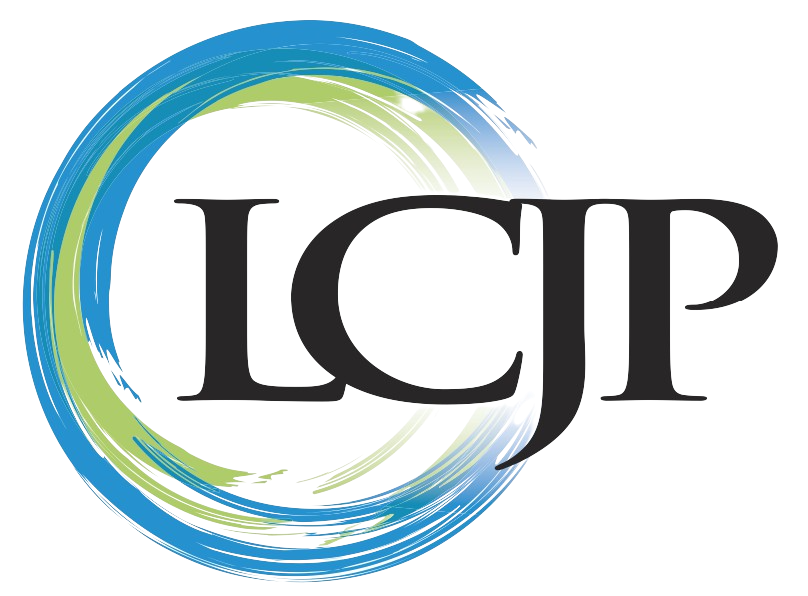Harmed Parties
Welcome.
We hope to support you to have your voice heard, and your needs met, through Restorative Justice.
LCJP provides restorative justice services to people who have been harmed by crime and conflict.
Here you will find information about:
Considerations for deciding to participate in restorative justice
Facts about our Community Restorative Justice Program
Standard Timeline for a Restorative Justice Case
Next steps for your case
Why should I choose restorative justice?
In this process, your voice and your experience matter.
The goal is to repair the harm that was done, while also recognizing that harm may extend beyond anyone’s capacity for repair.
Once the persons involved have accepted responsibility for their behavior and have heard in the restorative process about how you and others were harmed by their actions, they are expected to make repair.
At LCJP, this means closure and satisfaction. 100% of harmed parties feel their voices were adequately considered, and 100% of harmed parties feel the offender was held accountable for their actions. In addition, 98% of conference participants feel the tone of the conference was friendly.
It is essential that all stakeholders in the incident be involved in identifying the harms and have a voice in how it will be repaired.
Remember, Restorative Justice is Voluntary. It is your choice to participate.
What should I expect?
If you choose to resolve this case with restorative justice, you will participate in an intake phone call, a pre-conference meeting and a conference.
In the first two meetings, you will share with case coordinators and facilitators about what has happened and how you were affected. The intake and pre-conference are designed to help you process what happened and prepare what you want to say in the conference. Our staff and facilitators are trained to work with people who have been through something difficult, and you can expect to be treated with respect.
In the conference you will meet with the person(s) who caused harm. This process is led by trained facilitators. The facilitators will guide everyone in sharing. The responsible person(s) must take responsibility for their actions in order to participate. They have been screened by the facilitators to ensure their readiness to do so.
The conference will end with the person(s) who caused harm agreeing to complete a contract to repair harms. You will be notified when the contract has been completed.
We recognize that being a part of Restorative Justice is not necessarily easy or comfortable. LCJP staff and volunteers take responsibility to uphold the values and principles of Restorative Justice, which prioritize care for the harmed person and their overall experience.
What if I don't want to attend?
We understand. You have been harmed, and this has already taken your time and energy.
There are several options for ensuring your voice is still a part of the process, even if you do not want to attend. Those options include submitting in writing how you were affected through a Victim Impact Statement, or being represented in the conference by a volunteer Surrogate Victim.
Your LCJP Case Coordinator will talk with you about how much you want to be involved in the process, or not, and will work with you to find the solution that feels the best for you.
Not sure if you want to resolve what’s happened with restorative justice?
Visit the “How RJ Works” page for additional information.
You may just need to talk to someone about your case.
Our staff is ready to answer your questions. Call our Community Restorative Justice Office at 303-651-8879.
Ready to take the first step and schedule an Intake Call?
Please call our Community Restorative Justice Staff at 303-651-8879.


